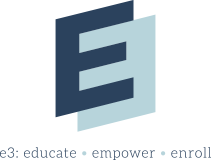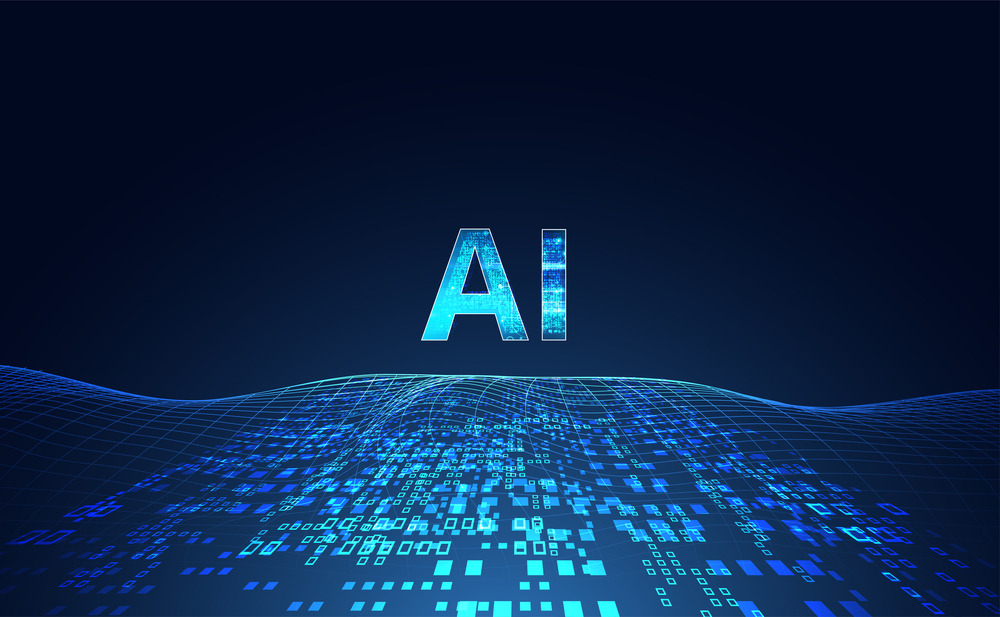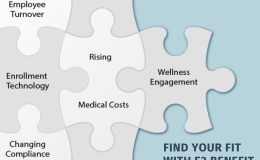While AI has already proven its value in benefits administration, the future holds even more exciting possibilities. Here are some predictions on how AI will shape employee benefits in the coming years:
1. Hyper-Personalization of Benefits Packages
The future of AI in benefits administration will see an even greater emphasis on hyper-personalization. As AI systems become more sophisticated, they will be able to consider a broader range of factors—such as an employee’s career goals, personal circumstances, and even real-time health data from wearables—to provide benefits recommendations that are uniquely tailored to each individual.
2. AI-Powered Virtual Benefits Counselors
In the coming years, we anticipate the rise of AI-powered virtual benefits counselors that can provide more comprehensive support to employees. These counselors will not only guide employees through the enrollment process but also offer proactive advice on optimizing their benefits usage throughout the year. For example, if an employee’s health data suggests they are at risk for a certain condition, the AI counselor could recommend preventive measures or relevant wellness programs available in their benefits plan.
3. Real-Time Benefits Utilization Tracking
AI will enable real-time tracking and analysis of benefits utilization, providing employers with valuable insights into which benefits are being underutilized or overused. This data will allow for more agile adjustments to benefits offerings, ensuring that they remain relevant and valuable to employees. Additionally, this real-time data can help identify gaps in coverage or unmet needs, enabling employers to proactively address these issues.
4. AI-Driven Mental Health and Wellness Programs
As mental health and wellness continue to gain attention in the workplace, AI will play a crucial role in developing and managing personalized wellness programs. AI algorithms will be able to assess employee stress levels, burnout risks, and overall well-being by analyzing patterns in behavior, communication, and productivity. This information will enable employers to offer targeted interventions, such as personalized coaching, mental health resources, and wellness initiatives.
5. Integration of AI with Other HR Technologies
AI will become an integral part of a broader ecosystem of HR technologies. We predict seamless integration of AI-driven benefits platforms with other HR systems like payroll, performance management, and employee engagement tools. This integration will provide a holistic view of employee data, allowing for more strategic decision-making and better alignment of benefits with overall HR goals.







Leave a Comment
You must be logged in to post a comment.